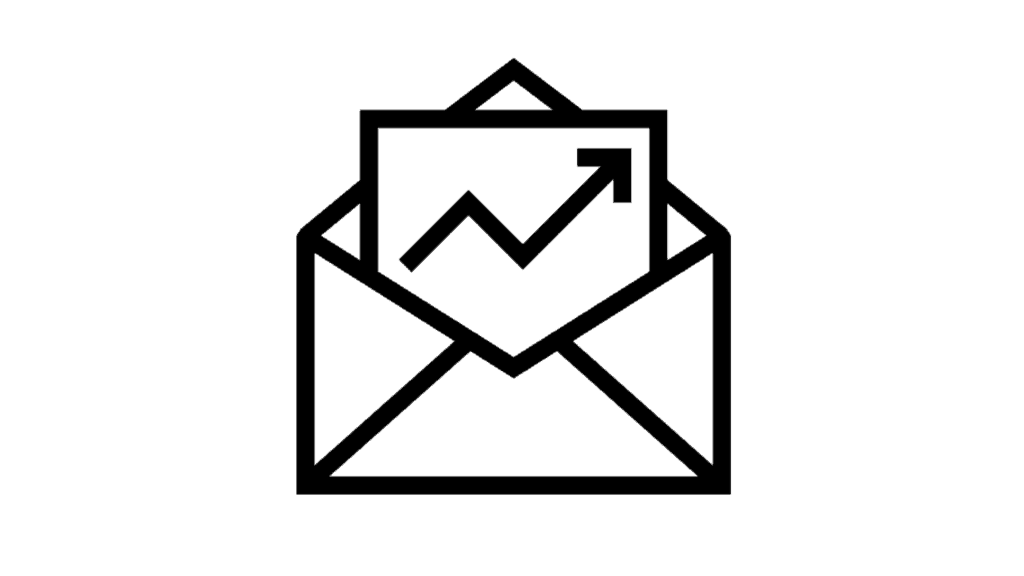Write Great Emails

Writing followup emails can be frustrating.
You want to send followup emails but you don’t know where to start.
You want to follow up with old clients and colleagues but can’t think of something clever to write.
You have writer’s block and could use some inspiration.
It’s not so easy to come up with something to say after meeting someone at a networking event or connecting with someone you haven’t spoken to in a while. This is especially true if you don’t want to sound like you’re just trying to get something from the person.
The solution?
Write emails like a lovecat.
How to write great followup emails.
The term lovecat came from the book Love Is The Killer App. The book was written by Silicon Valley executive Tim Sanders in 2005.
Tim wrote the book to share a counterintuitive observation he made while working in the supposedly cutthroat world of high tech.
He noticed that people who were more likable and generous climbed higher and faster in their silicon valley careers. He called these likable, genuine, generous folk lovecats.
The book describes a lovecat as someone who loves people. Lovecats are constantly growing personally to be more valuable. They then show their love through the generous promotion of their colleagues, business partners, and customers
Lovecats promote and grow others by sharing three things:
- Their knowledge.
- Their network.
- Their compassion.
Offering to share your knowledge, network or compassion is a way to help promote others AND stay top of mind with your network.
So if you ever feel stuck trying to write an email or LinkedIn message, think like a lovecat. Ask yourself what can you offer them that the recipient might appreciate. You should feel the words flowing in no time.
Still feeling stuck?
Here are a few lovecat-esque email ideas:
- Ask if you can refer a specific kind of client to that person. [network]
- Ask if the person continues to participate in XYZ community. [compassion/network]
- An email to ask about how the person’s business is doing. [compassion/network]
- An email suggesting a new source of clients or customers. [knowledge/network]
- An email asking how a particular family member is doing. [compassion]
You can also take a look at the email templates I use for my business as well as the software that helps me remember to send those emails on a regular basis.
